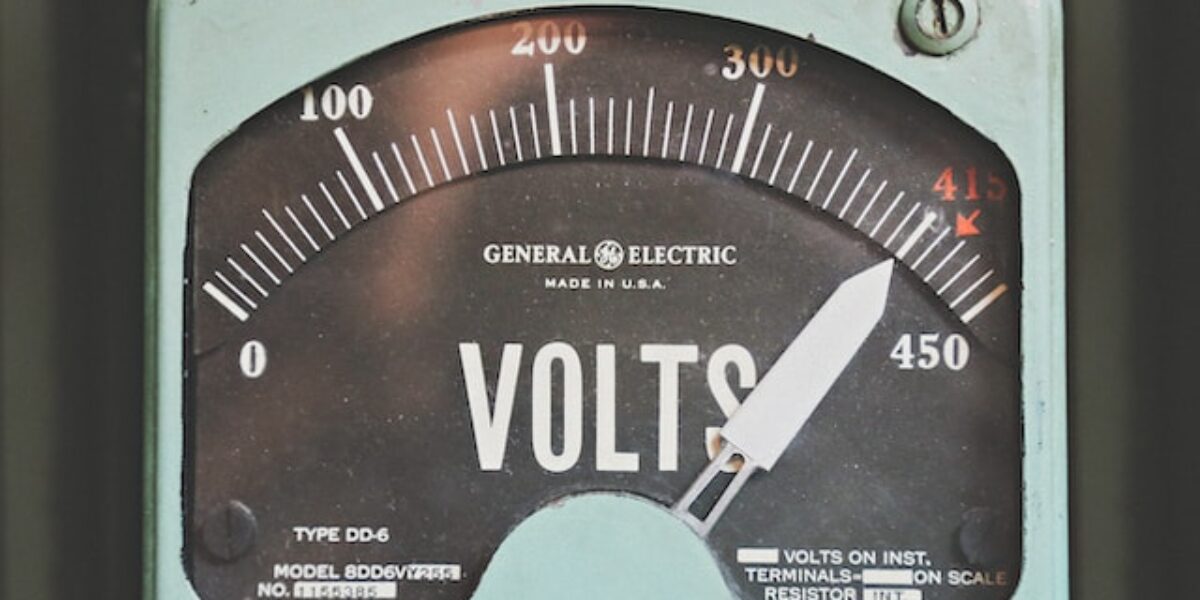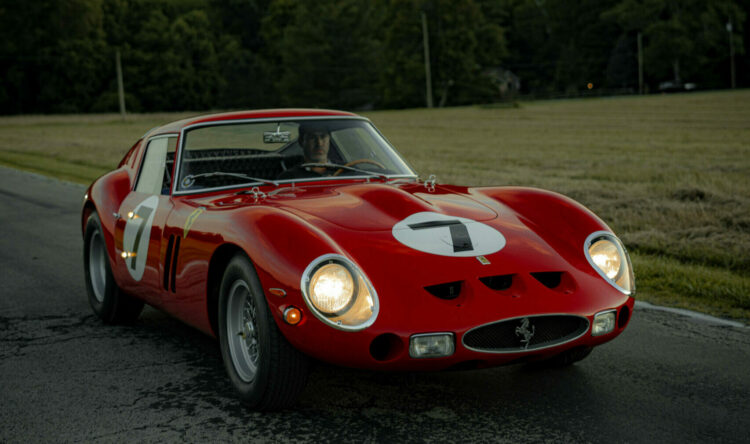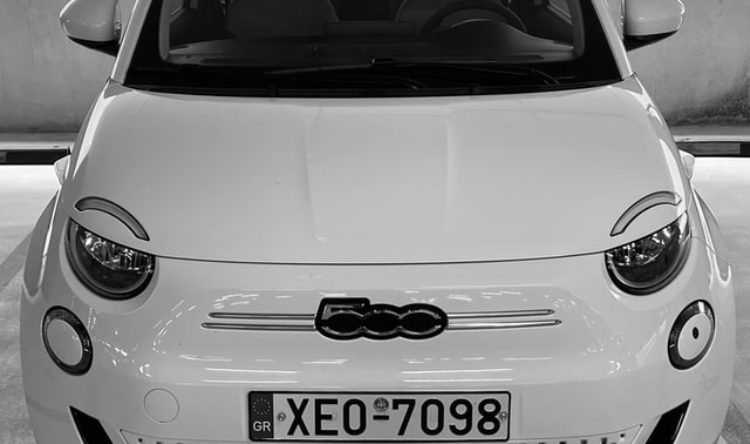Packing the power
New battery technology, new range
Battery manufacturer Gotion High Tech, which supplies Volkswagen, has revealed the Astroinno L600 with a range of 1,000km (620 miles).
he company has spent the past 10 years developing the lithium manganese iron phosphate (LMFP). This is an evolution of the more commonly used lithium iron phosphate (LFP) batteries battery. It is intended to improve the energy density, therefore range, charging ability and life cycle.
Greater efficiency
“Astroinno L600 LMFP cell achieves 240Wh/kg in gravimetric energy density and 525Wh/L for volumetric energy density,” states Dr Qian Cheng, the executive president of Gotion Global.
“It can achieve more than 4,000 cycles at room temperature and 1,800 cycles at high temperature, easily achieves 18 minutes of fast charging, and passes all safety tests.”
He adds that “because of the high energy density of Astroinno battery, we can also achieve a range of 1,000km (620 miles)”. This is also one without relying on NCM (nickel manganese cobalt) material.
Powering the future
In terms of battery design, the new design has also reduced the number of structural parts by 45%. This, in part, means a lower weight of nearly a third, while the wiring required has fallen from 303 metres to 80 metres. All of this means that a vehicle’s range is improved, and mechanical and tyre wear reduced. Batteries are the single biggest weight attribute in EVs.
Gotion expects to start mass production of the L600 battery cell in 2024.
Entering the real world
The 620-mile range quoted by Gotion would be a huge increase in terms of what is currently available on the market. Being the key supplier to the likes of Volkswagen means their new electric ID7 upper-medium car will have a range of up to 438 miles.
Meanwhile, Mercedes’ electric concept car, the Vision EQXX, managed to cover more than 1,200 km (746 miles) on a single charge in tests last year.
It travelled the distance in real-world driving conditions from Stuttgart in Germany, to Silverstone in the UK.





